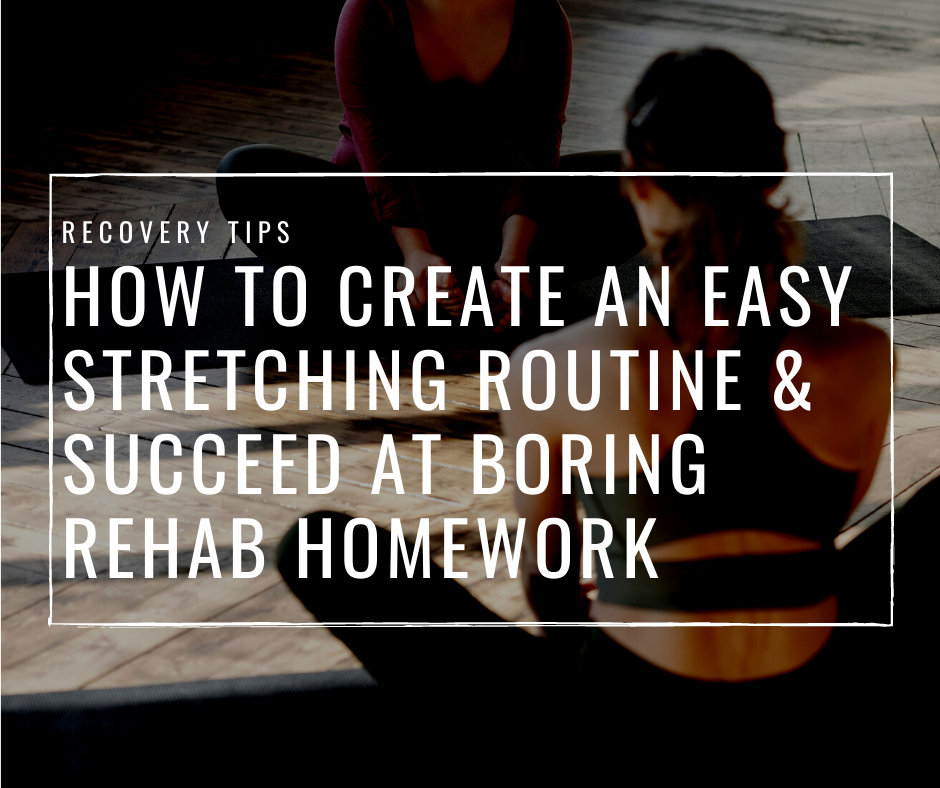Want To Lose Weight On Night Shift? Here's How Shift Work Affects Your Body Goals.
A little while ago I had a consult with a new client who told me that she's gained about 25-lbs in the last 6 months.
When I asked what changed over that time, there was only one thing. She started working nights.
This is a problem that I see routinely. Shift work weight gain is real. Changing schedules for work (doing some day shifts, then nights) is extremely disruptive to the body. Working nights, even if you don't change shifts, is also a major challenge to health and fitness. But a rotating schedule is the hardest on the body and makes achieving weight loss, fitness, or body composition goals hardest.
Based on my experience, I can confidently say this: all things being equal, anyone who works nights or does shift work will have a harder time losing bodyfat compared to someone with a normal, daytime schedule.
Humans are diurnal animals. That means we're supposed to be awake when the sun is up, and we sleep at night.
There are two things everyone should know if you want to lose weight on the night shift (or during periods of any kind of shift work).
- The Human Body Likes Routine. Anything that disrupts our basic schedule around eating, sleeping and energy expenditure throws our body off it's natural cycle. This cycle, called Circadian Rhythm, is our basic, daily biological clock. When our routine is consistent, the clock runs well and we feel and perform better. The more sporadic our schedule, the less we're able to fall into a comfortable rhythm, and the more our body's hormonal and metabolic processes become out of sync. When that happens, we feel more stressed, our mood declines, our body hangs onto fat, and we feel less energetic. Shift work, differing weekend and week day routines, or frequent travel across time zones are all disruptive.
- Exposure To Light - Especially To Sun Light - Plays A Massive Role In Regulating Our Daily Rhythms. Light signals us to be alert and energetic, while darkness tells us it's time to rest. As advanced as humans are, our biological make-up is that still that of an ordinary, diurnal mammal. When we go against this nature and consistently work overnight - even if you're able to get a decent amount of total sleep - we go against our biology. There's always a cost to that.
No technology, supplement, 'health-hack' or drug that we've come up with so far has allowed us to escape these simple facts. Our body requires some basic care to be at it's best. There's no getting around it.
If you do work shift work, unfortunately you just have to know that it's not an ideal situation. It's just something you'll have to manage to the best of your ability. Honestly, if it's possible, you may want to look at switching to normal day-time hours or having some long-term exit strategy. Sorry to be a bad news bear, but there's really no way to sugar coat the science on this one.
In the meantime, if you want to lose weight on night shift, or achieve any fitness goal while performing shift work:
- Get as much quality sleep as you can (8+hrs is ideal). That includes naps. You may need to break up your sleep to get a higher total number of hours per day.
- Stick to a normal schedule/routine as much as possible, even if you work nights and your days are flipped upside down. Try to stick to that same schedule on days off too. Flipping your schedule to days once in a while will be hardest on your body.
- Eat mainly unprocessed foods and little sugar (we tend to tolerate sugar poorly if we're under-slept or when our Circadian Rhythm is disrupted... for more info on why, check out my piece on beating the mid-day slump.
- Work to remove as much other stress from your life as you can. Your overall tolerance for stress will be less than normal.
- Educate yourself about sleep. I like the books "Sleep Thieves" and "The Promise of Sleep."
- Respect your body and put yourself first. If you work overnight, you'll face constant trade-offs between missing out on certain activities during the day with friends/family etc. and catching up on sleep/maintaining a regular routine. Set some minimum standards that are reasonable to you and see how it feels to prioritize health a little more.
- If possible, consider finding a job with normal hours.
More Essential Sleep Info
Check out my previous article that covers all the key sleep basics that everyone should know. Read it here.













